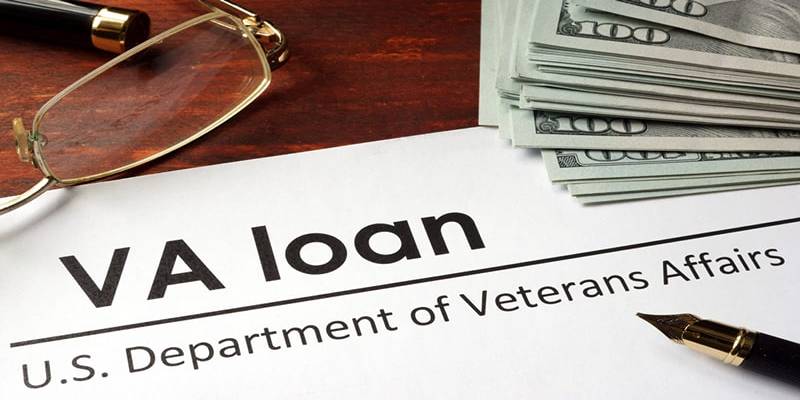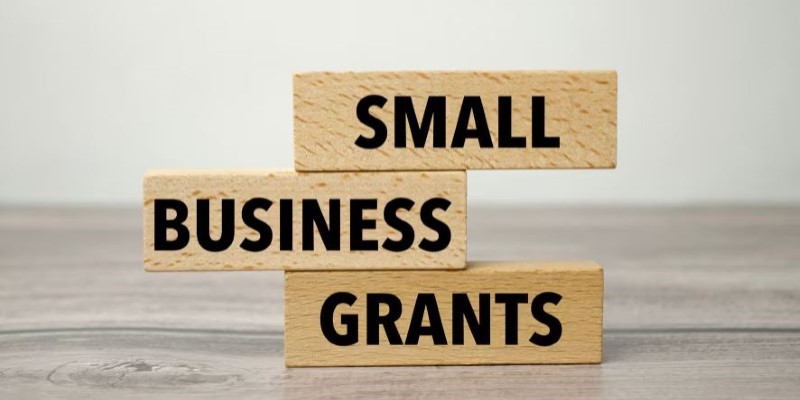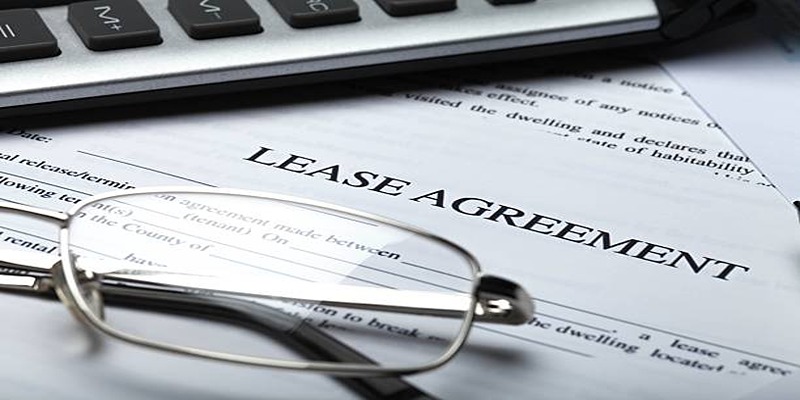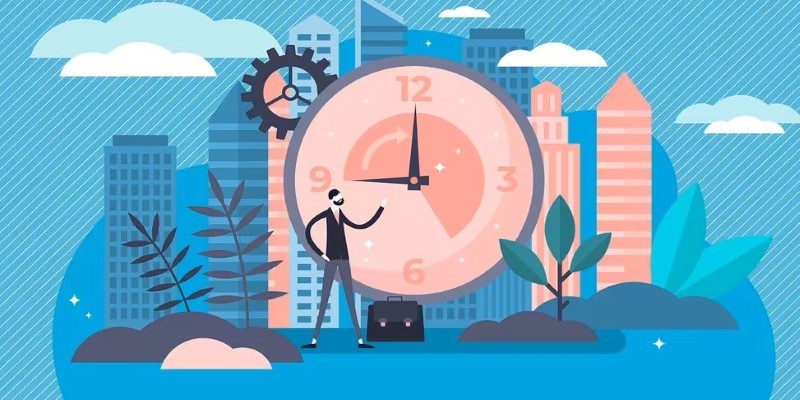High-yield savings accounts (HYSAs) have had their moment in the financial spotlight over the past couple of years. In the wake of inflation and multiple interest rate hikes by the Federal Reserve, these accounts became a go-to tool for savers hoping to earn a meaningful return without locking money away in long-term investments. But 2025 presents a different landscape. With interest rate cuts already underway and more expected, many are wondering if HYSAs still offer enough value to be worthwhile.
If you’re holding cash for an emergency fund, short-term goal, or just looking to keep your money safe while earning something back, you might still be considering one. But are these accounts still competitive? Let’s take a detailed look at High-yield savings accounts (HYSAs).
How to Choose the Best High-Yield Savings Account?
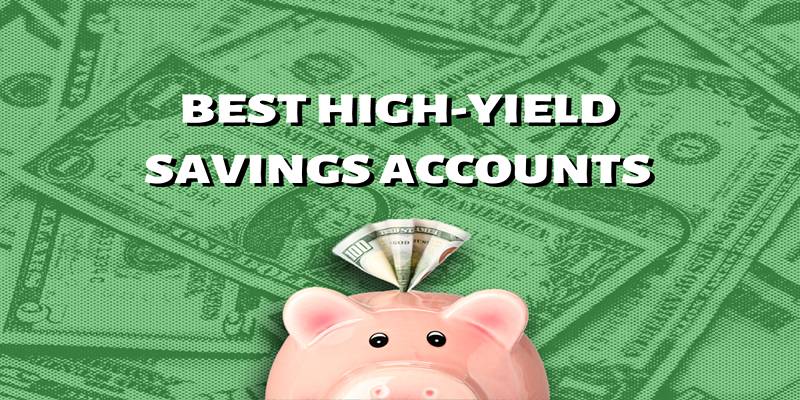
Choosing the right high-yield savings account (HYSA) can make a big difference in how much you earn—and how easily you can manage your money. Not all HYSAs are created equal, so it's important to pay close attention to key features before you open an account. Here's a closer look at what to consider when selecting the best option for your savings.
1. Compare Annual Percentage Yields (APY)
The APY determines how much interest you'll earn over a year, so it's crucial to find a competitive rate. Look for HYSAs offering APYs well above the national average. However, be cautious of accounts advertising high introductory rates that drop after a few months. Always read the fine print to ensure you're getting a lasting return, not just a short-term promotional rate.
2. Review Minimum Balance Requirements
To get the stated APY on some high-yield savings accounts, you have to keep a certain amount of money in the account at all times. If your balance drops below this threshold, you could earn a lower interest rate or even face penalties. Choose an account that matches your savings habits—ideally one with low or no minimum balance requirements if you want flexibility.
3. Watch Out for Monthly Fees
Monthly maintenance fees can quickly eat into your earnings. The best HYSAs don't charge fees for maintaining the account, making it easier for your interest to grow without setbacks. Always review the account fee schedule before signing up, and prioritize accounts that offer fee-free maintenance.
4. Prioritize Accessibility and User Experience
In today's digital world, easy access to your savings is essential. Look for banks that offer strong online banking features, mobile apps, and fast transfers between accounts. Some accounts also allow ATM access for even more convenience. A user-friendly experience ensures you can manage your money efficiently whenever you need.
5. Confirm FDIC or NCUA Insurance
Safety should always come first. Make sure your HYSA is insured by the Federal Deposit Insurance Corporation (FDIC) or the National Credit Union Administration (NCUA) up to $250,000 per depositor, per institution. This insurance protects your money in the unlikely event that the bank or credit union fails.
The Role of HYSAs in a Broader Financial Strategy
High-yield savings accounts are not just for stashing cash. When used wisely, they play a critical role in a diversified financial plan. In 2025’s evolving economy, smart savers are incorporating HYSAs as part of a larger strategy, particularly for:
- Emergency Funds: A well-funded emergency reserve should be accessible and secure—two qualities HYSAs offer. Unlike investments that can fluctuate in value, a HYSA guarantees that your emergency cash maintains its value and earns modest returns while it sits idle.
- Short-Term Financial Goals: Whether you’re saving for a wedding, a new car, or a vacation, a HYSA is perfect for goals with a 6-month to 2-year horizon. The account keeps funds liquid and accessible while offering more growth than traditional savings.
- Holding Zone Between Investments: Many people use HYSAs to park money temporarily before investing. If you’re waiting for market conditions to improve or researching your next move, a HYSA keeps your cash growing modestly in the meantime.
- Supplementing a CD Ladder: A CD ladder offers higher returns with fixed terms, but funds are locked away. Keeping some cash in a HYSA offers balance and liquidity for unexpected needs or investment opportunities that arise while your CDs mature.
- Reducing Investment Risk: For retirees or risk-averse individuals, a HYSA can act as a cushion during market downturns. It offers safe harbor for part of your cash portfolio, especially when equities become volatile.
When layered strategically with investment accounts, CDs, and traditional savings, high-yield savings accounts offer both financial flexibility and security. They don’t just sit on the sidelines—they play an active role in preserving and slightly growing your wealth without exposure to market risk.
Security Checklist: Is Your HYSA Safe?

Before trusting a bank with your hard-earned money, make sure they pass these basic but essential security checks:
Security Feature | What to Look For |
FDIC or NCUA Insurance | Protects up to $250,000 per depositor |
Multi-Factor Authentication (MFA) | Sends a one-time code to verify logins |
SSL Encryption | Secures your online data during login and transfers |
Auto-Logout Settings | Ends your session after inactivity |
Transparent Privacy Policy | States your data won’t be shared or sold |
If a bank skimps on any of these, it’s worth reconsidering—even if they offer a top-tier APY.
Conclusion
High-yield savings accounts are still a worthwhile tool in 2025—especially if you're saving for short-term goals and want penalty-free access to your funds. They offer better returns than standard savings accounts, simple management, and safety through FDIC insurance.
However, if your financial goals stretch beyond a couple of years, it's worth exploring other savings vehicles that offer fixed, higher returns over time or considering a balanced investment portfolio to outpace inflation.
As always, reviewing your personal financial plan with a trusted advisor can help you choose the best strategy based on your unique needs. Whether you stick with a HYSA, explore CDs, or move into investments, the important part is making your money work smarter for your future.




